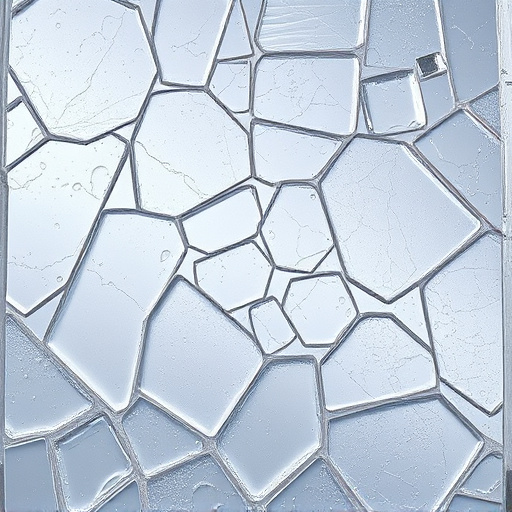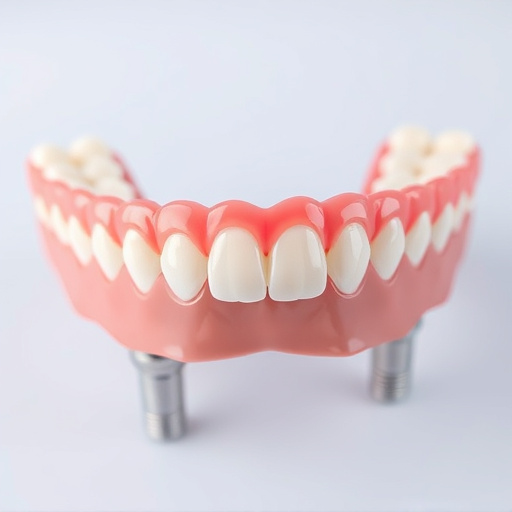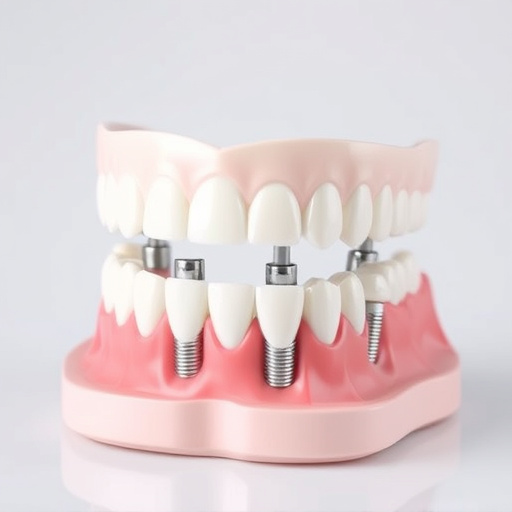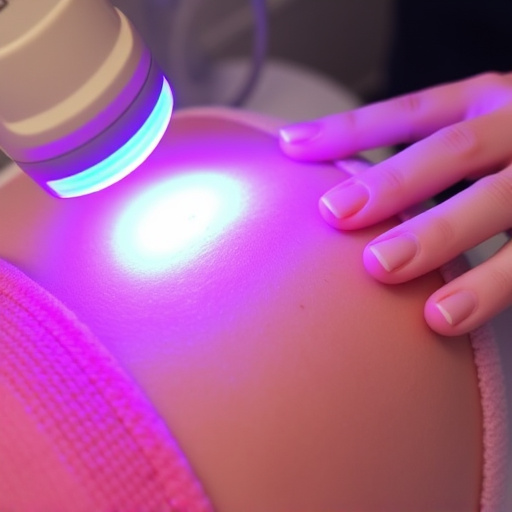Dermatitis, encompassing various skin conditions with redness, itching, and inflammation, requires tailored dermatitis treatment. Key types include atopic, contact, seborrheic, and nummular dermatitis, each triggered differently. Effective management involves understanding causes from environmental factors to genetic predisposition and immune dysregulation. Comprehensive solutions include anti-aging treatments, body contouring, microneedling, hydrating facials, laser hair removal, balanced diet, hydration, exercise, gentle hygiene, sleep, stress management, and tailored aesthetic treatments for long-term skin health.
“Dermatitis, a broad term encompassing various skin conditions, affects millions globally. From acute, short-term flare-ups to chronic, persistent cases, finding effective relief is essential for skin health. This article delves into understanding different types and causes of dermatitis, exploring a range of treatment options, and providing practical lifestyle changes for long-term management. Discover how personalized care and simple adjustments can offer significant relief for both acute and chronic dermatitis.”
- Understanding Dermatitis: Types and Causes
- Exploring Treatment Options for Effective Relief
- Lifestyle Changes and Management Strategies for Long-Term Skin Health
Understanding Dermatitis: Types and Causes

Dermatitis is a broad term encompassing various skin conditions characterized by redness, itching, and inflammation. It can be acute, appearing suddenly and often as a reaction to an irritant or allergen, or chronic, persisting for extended periods with fluctuating symptoms. The types of dermatitis include atopic dermatitis (eczema), contact dermatitis, seborrheic dermatitis, and nummular dermatitis, each with distinct triggers and manifestations.
Understanding the causes is crucial in managing dermatitis effectively. Acute cases are typically triggered by environmental factors such as allergens, irritants (like harsh chemicals or certain fabrics), or infections. Chronic forms, on the other hand, often stem from a combination of genetic predisposition, environmental triggers, and immune system dysregulation. Some anti aging treatments and body contouring techniques also address underlying skin issues that may resemble dermatitis symptoms, offering additional relief for those seeking comprehensive skincare solutions beyond basic dermatitis treatment.
Exploring Treatment Options for Effective Relief

When it comes to dermatitis treatment, exploring a variety of options is essential for achieving effective relief. This chronic skin condition can manifest in various forms, from acute flare-ups to long-term persistent issues. As such, different treatment approaches are needed to target these distinct presentations. One promising method gaining traction in dermatology is microneedling therapy, which involves using tiny needles to stimulate collagen production and restore skin health.
Additionally, hydrating facials have become a popular choice for those seeking dermatitis treatment. These specialized treatments deliver intense moisture to the skin, providing immediate relief from dryness and irritation. Furthermore, laser hair removal has found its place in managing certain types of dermatitis by reducing unwanted hair growth associated with the condition. Each of these approaches offers unique benefits tailored to specific needs, ensuring a comprehensive approach to dermatitis management.
Lifestyle Changes and Management Strategies for Long-Term Skin Health

For long-term skin health and effective dermatitis treatment, adopting certain lifestyle changes and management strategies can significantly help. These include maintaining a balanced diet rich in essential nutrients to support skin barrier function. Staying hydrated is crucial, as proper moisture levels are key to managing dermatitis symptoms. Additionally, regular exercise promotes blood circulation, aiding in nutrient delivery to the skin and overall wellness.
Beyond these, practicing good hygiene without over-drying the skin is vital. Using gentle, dermatologist-approved cleansers and avoiding harsh chemicals or irritants can prevent flare-ups. Adequate sleep allows the body’s repair mechanisms to work optimally, while stress management techniques like meditation or yoga can help regulate hormonal imbalances that may contribute to dermatitis. Exploring facial treatments or aesthetic treatments tailored for sensitive skin could also be beneficial in addressing both acute and chronic cases effectively.
Dermatitis treatment has evolved to offer effective relief for both acute and chronic cases, with various options tailored to individual needs. From topical medications to lifestyle changes, understanding the root causes and exploring diverse treatment methods can significantly improve skin health. By integrating evidence-based practices and making sustainable lifestyle adjustments, individuals can achieve long-lasting clarity and comfort in managing their dermatitis.














